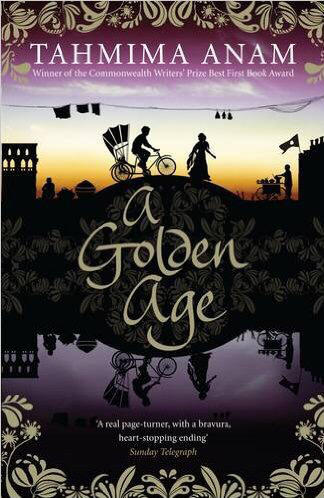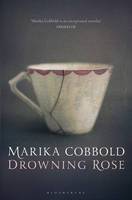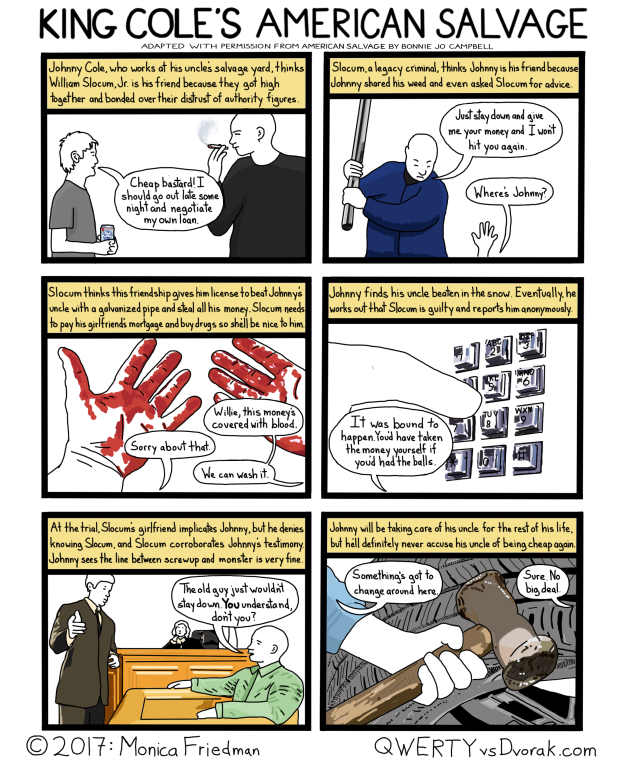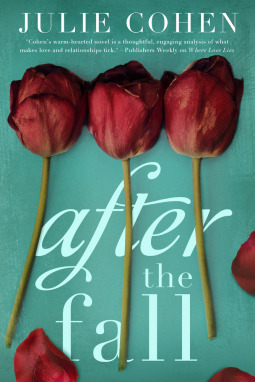 I was hugely looking forward to reading Tahmina Anam’s A Golden Age, which seems to have been on my ‘to read’ list for far too long, but I approached it with a sense of trepidation.
I was hugely looking forward to reading Tahmina Anam’s A Golden Age, which seems to have been on my ‘to read’ list for far too long, but I approached it with a sense of trepidation.
Given that it’s set in Bangladesh, in 1971, I worried it would offer a heart-breaking tale, and there were certainly elements of the story that make you catch your breath.
But where this book’s beautiful prose (held within beautiful covers) succeeds is in bringing a landscape of pain, suffering and hope down to a very personal level. It was only with a short paragraph, which began, “throughout June, Tikka Khan’s soldiers made their way across the summer plains of Bangladesh”, that the author pulls back from the individual to encompass the scale of the horror the country endured during those months.
In retrospect you can appreciate the way Anam’s family history and thesis, an oral history project on the Bangladesh war, are woven into – and inform – the story, but on reading it the book its authenticity resonates from every page, without ever overshadowing the storytelling.
That storytelling is so strong as to have produced a book I immediately wanted to read again once I finished it.
On a side note, and of relevance to this blog, is the use in A Golden Age – an unapologetic use, it struck me – of Bengali phases. “Such bodmashes we are”, is one such instance, and makes me smile because ‘bodmash’ is what my mother-in-law sometime teases my children that they are.
I’ve previously read Anam’s The Good Muslim without actually realising it was the second part of a trilology that began with A Golden Age (don’t ask how that could have been possible), but serependity strikes as the third part of the series came out in paperback just last month.
So now I’m torn between re-reading The Good Muslim and making a rare new-book purchase of The Bones of Grace, which concludes the trilolgy.
Advertisements Share this:- More





